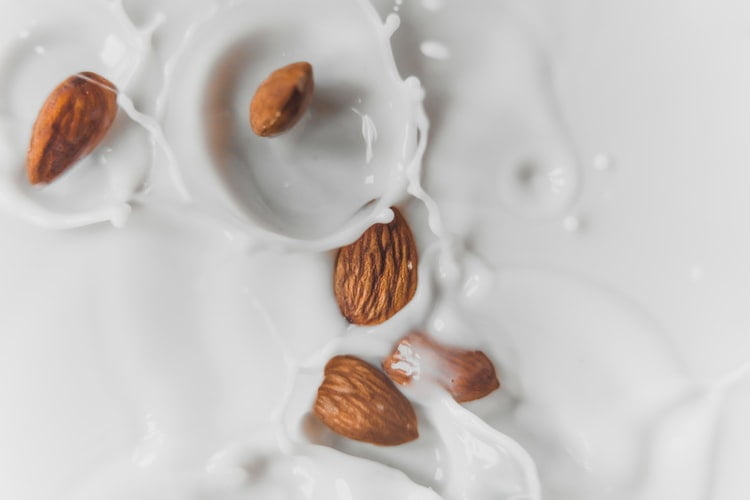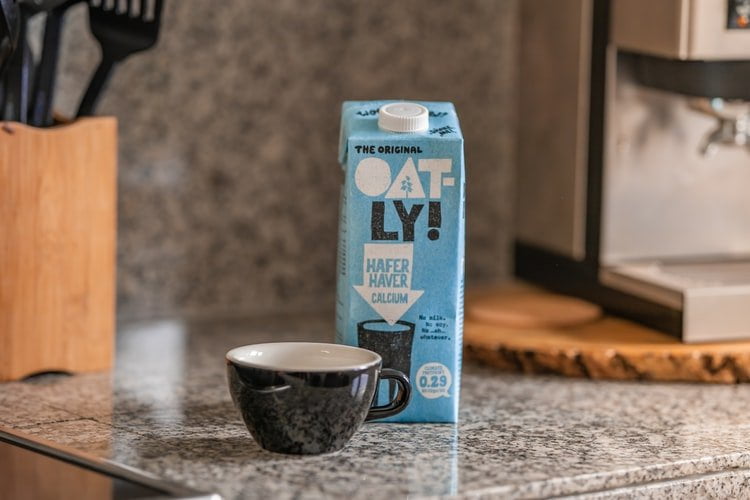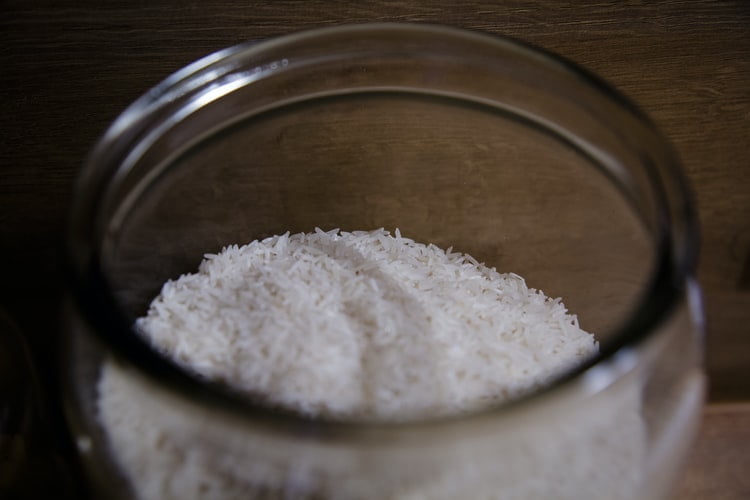Is Alternative Milk Healthier For You?
Or maybe you’re lactose intolerant — or dairy sensitive — and want to see what else is in store for your morning cereal. Whatever the case, there are so many milk alternatives available that you may never need to use animal products again if you don’t want to. But what about your health? Like cow’s milk, plant milk has a unique vitamin and nutrient profile that addresses specific nutritional needs. And you can find the right plant milk for your needs.
There is plant milk for every need. You can also experiment with tastes and flavors to find something that suits your palate. Here is a list of all the plant milk available and how Alternative Milk can benefit your health.

Soy Milk
Despite rumors that soy is highly feminizing, studies have shown that the effects are minimal. Soy milk is also high in vitamin A, B, potassium, calcium, retinol, and folate.
Almond Milk
Almond milk is great for those who prefer a nuttier taste. Almond milk contains vitamins A and E, antioxidants, calcium, and magnesium. Alzheimer’s disease and other cognitive diseases have been linked to almond milk consumption. Calorie-free almond milk is great for weight loss.

Pecan Milk
Pecan milk, a slightly thicker and less sweet nutty milk, is a great natural source of vitamin E and magnesium. You can make pecan milk at home with water, raw pecans, and flavoring ingredients of your choice.
Oat Milk
Oat milk is one of the most popular options in the coffee world, and for good reason! Oat milk is thick and creamy, making it ideal for coffee, baking, and other rich recipes. It also contains protein, fiber, calcium, riboflavin, and vitamin B12, which are important for vegans.

Coconut Milk
Coconut milk may be for you if you already enjoy coconuts and coconut water. It is high in iron, folate, fiber, protein, and vitamin C, all of which should be supplemented.
Rice Milk
Rice milk has a starchy flavor and a thinner consistency. In addition to calcium, rice milk is high in vitamin E. You can make rice milk at home, just like the other options on this list. You only need cooked rice and water to make it!

Cashew Milk
Cashew milk is another great nut milk for thicker, creamier recipes like dips and non-dairy cheeses. It has a rich and creamy flavor that some people enjoy. Cashew milk is high in calcium, iron, potassium, vitamin D, and fiber.
Flax Milk
Flax milk is slightly thinner than other nut milks and has a slight flax flavor that some people enjoy. It’s also high in calcium, protein, and vitamin D.

Hemp Milk
Some enjoy hemp’s flavor and aroma. If this describes you, hemp milk may be the perfect non-dairy solution. Hemp milk contains calcium, protein, iron, phosphorus, and vitamins A, B12, and D. To make your own hemp milk, all you need is water, hulled hemp seeds, and whatever flavorings you want to add.
Banana Milk
Bananas? Yes, banana milk is a non-dairy alternative. It has a rich, creamy consistency and tastes like bananas. Banana milk contains potassium, folate, vitamin B6, vitamin C, and antioxidants.
A Review Of Alternative Milks
Whatever your reason for trying out plant-based milk alternatives, there are plenty to choose from, each with their own nutritional profile. Rather than looking for milk alternatives to replace cow’s milk, you can find the best milk to meet your dietary needs. Want to try some plant milk?

